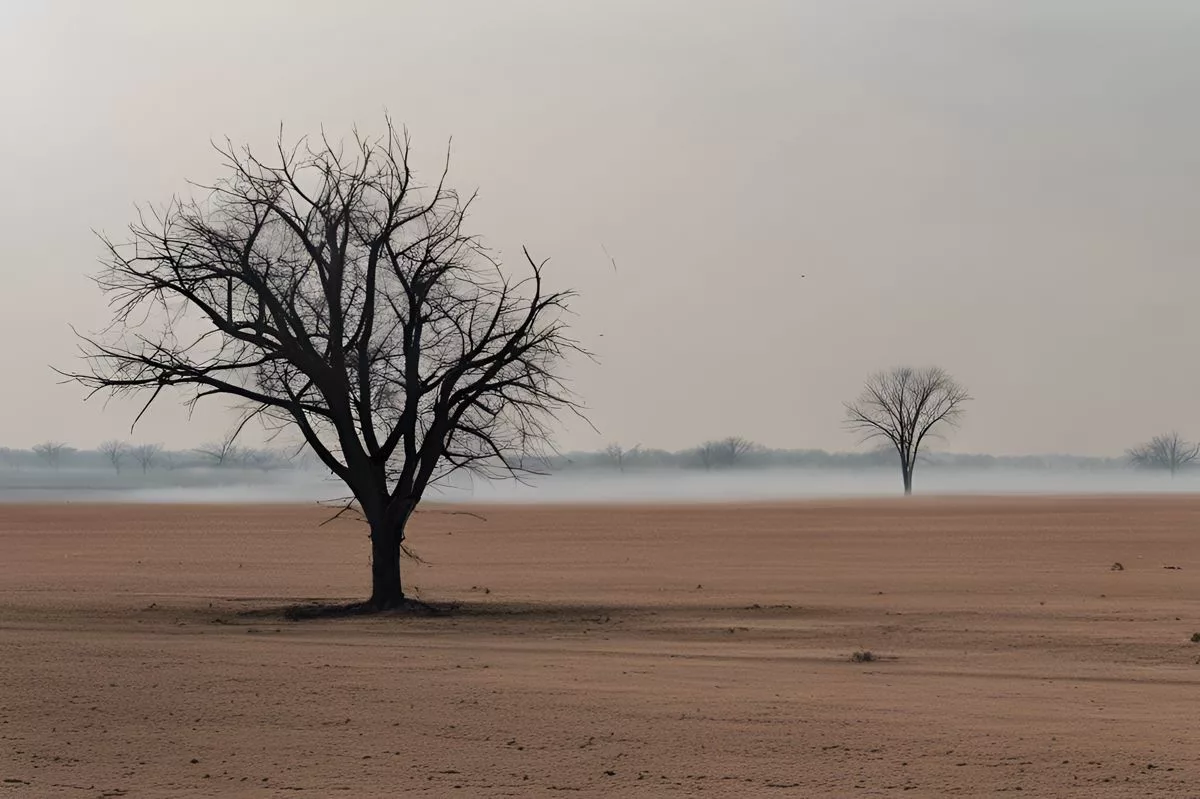The budget cuts in education that could lead to over 2,000 teachers losing their jobs have caused controversy and opposition for the Western Cape government. Teacher unions have lodged disputes against the department, with the possibility of a strike looming. Additionally, there is debate over the effectiveness of the #BackOnTrack program, which aims to offset learning losses due to the pandemic. The WCED is fighting for its teachers and quality education, urging unions to ally with them instead of opposing them.
The Western Cape government appeals for unity amidst education budget cuts as over 2,000 teachers face job loss. The potential impact of these circumstances could reshape the province’s education landscape. Teacher unions have lodged disputes against the department, with the possibility of a strike looming. The WCED defends the #BackOnTrack programme, emphasizing its role in offsetting learning losses triggered by the pandemic. The WCED fights for its teachers and quality education, beseeching unions to ally with them instead of opposing them.
In the midst of the ongoing struggle regarding dwindling education budgets, the Western Cape Government (WCG) has extended an olive branch to teacher unions. This action has created a crucial pivot in the ongoing discourse about the financial restraints influencing quality education in the Western Cape province. The potential impact of these circumstances could profoundly reshape the province’s education landscape.
Job Insecurity: Teachers under Threat, Unions Stand Against Reductions
The recent revelation by the WCG that over 2,000 teachers stand on the precipice of job loss has ignited a maelstrom of controversy. The Western Cape Education Department (WCED), in response, points an accusatory finger at the national government. They argue that the national government has failed to wholly fund the wage agreements negotiated with the unions. This leaves the WCED in a precarious situation, having garnered only 64% of the necessary funds and leaving the province to grapple with the remaining 36%.
The WCED has been candid about the severity of the situation, warning that it could jeopardize the department’s capacity to fulfil financial commitments, most importantly, teachers’ salaries. It has underscored the extreme measures needed to close the significant fiscal gap, measures that regrettably entail trimming ‘critical support’ to schools in disadvantaged communities. Essential services such as school feeding, learner transport, and schools’ daily expenditure allowances could be affected.
Responding to the potential ramifications, two teacher unions – the South African Democratic Teachers’ Union (SADTU) and the National Professional Teachers’ Organisation of South Africa (Naptosa) – have lodged disputes against the department. Naptosa even raised the spectre of a strike, indicating their opposition to the impending job cuts.
The #BackOnTrack Programme: An Essential Tool, or a Drain on Resources?
SADTU has vehemently critiqued the WCED’s proposal to reduce the 2025 educator post basket. The union has suggested that the WCED suspend its Back on Track programme for 2025, arguing that it primarily serves a marginal cross-section of students who suffered learning losses during the COVID-19 lockdown.
Yet, the WCED staunchly defends the #BackOnTrack programme, emphasizing its integral role in offsetting learning losses triggered by the pandemic. They argue that conventional class time has demonstrated an inadequate capacity to enhance students’ learning outcomes.
A substantial component of the #BackOnTrack budget is dedicated to providing books for all Foundation Phase learners and equipping their teachers with the skills to teach reading effectively. The WCED argues that focusing on early-grade literacy is essential, and any cuts would only deepen an already serious situation.
The WCED discloses that another considerable fragment of the #BackOnTrack budget is designated to provide revision support for Grade 12 learners preparing for their final matric exams. The WCED expressed that learners in less affluent communities particularly depend on this support, and eliminating it would significantly disadvantage them.
Education in the Balance: The WCED Fights for Its Teachers and Quality Education
The WCED has also articulated fears about losing a crucial instrument for evaluating the efficacy of educational interventions if systemic testing were to be cut. It’s evident that they are wrestling with challenging choices, reassuring the public that the decision to decrease the number of teaching posts has not been made lightly. As they crusade for their teachers, they are beseeching the unions to ally with them instead of opposing them.
Confronted with these difficulties, the WCG and WCED are charting a course riddled with financial obstacles, striving to safeguard essential services for schools, and working tirelessly to maintain the quality of education in the Western Cape. It’s a daunting journey, but one they are determined to embark on, all in the interest of education.
1. Why are budget cuts in education causing controversy in the Western Cape?
The budget cuts in education could lead to over 2,000 teachers losing their jobs, causing controversy and opposition for the Western Cape government.
2. What is the response of teacher unions to the potential job losses?
Teacher unions, including SADTU and Naptosa, have lodged disputes against the department, with the possibility of a strike looming, indicating their opposition to the impending job cuts.
3. What is the Back on Track program, and why is it controversial?
The Back on Track program aims to offset learning losses due to the pandemic, but SADTU has suggested that the WCED suspend it for 2025, arguing that it primarily serves a marginal cross-section of students who suffered learning losses during the COVID-19 lockdown.
4. Why is the WCED fighting for teachers and quality education?
The WCED is fighting for its teachers and quality education, beseeching unions to ally with them instead of opposing them as they face difficult choices and strive to maintain the quality of education in the Western Cape.
5. What services could be affected by the budget cuts?
Essential services such as school feeding, learner transport, and schools’ daily expenditure allowances could be affected due to the need to close the significant fiscal gap.
6. What is the WCED’s stance on the Back on Track program?
The WCED staunchly defends the Back on Track program, emphasizing its integral role in offsetting learning losses triggered by the pandemic, and argues that any cuts would only deepen an already serious situation.









